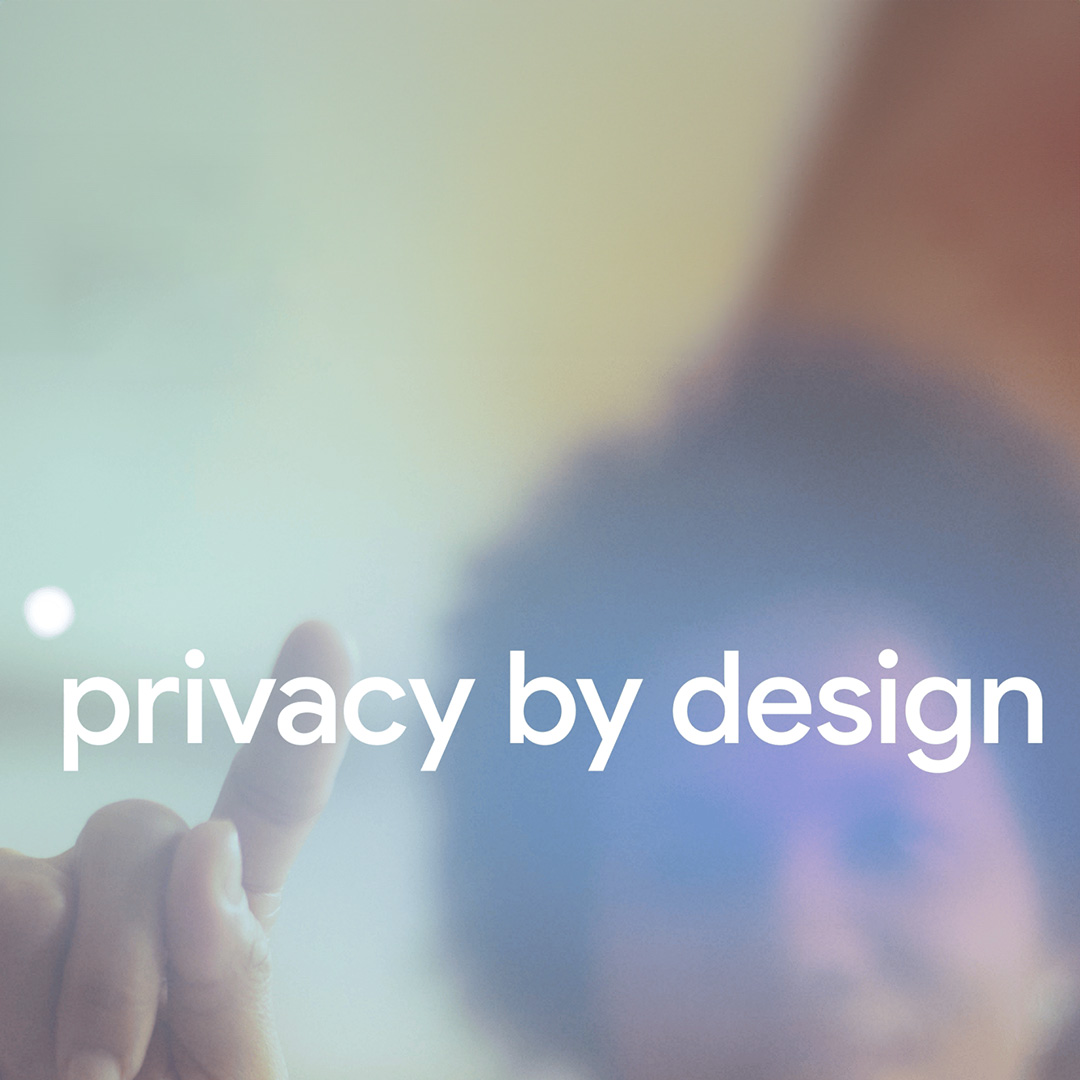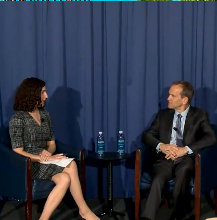
We support privacy regulation and policy that fosters trust and are committed to creating online experiences that are private-by-design, secure-by-default, age-appropriate, and that put users in control of their information.
support government regulation of consumer data. Pew Research poll
Defining policy around the reasonable collection and use of user data is an ongoing challenge for policymakers, but there is unprecedented consensus that the US needs a nationwide privacy law. How can we build on that common ground and develop a framework that provides clarity and accountability for companies and organizations and builds trust in the digital ecosystem?
We have led the industry call for a strong national privacy law in the US and likewise support the development of comprehensive privacy laws around the world.

How privacy experts partnered to help put trust and safety at the core of Circle to Search.


Participating in the Global CBPR Forum


Kent Walker Keynote with R Street Institute
Centre for Information Policy Leadership
Center for Strategic & International Studies
Aidan Arasasingham and Matthew P. Goodman
International Association of Privacy Professionals
Jim Boehm, Liz Grennan, Alex Singla, and Kate Smaje
We build products that are private by design and work for everyone We build products that are private by design and work for everyone
Protecting our users’ privacy and security is a responsibility that comes with creating products and.
Protecting our users’ privacy and security is a responsibility that comes with creating products and services that are accessible for everyone. This is especially important as technology progresses and.
Protecting our users’ privacy and security is a responsibility that comes with creating products and services that are accessible for everyone. This is especially important as technology progresses and safety needs evolve. We look to these principles to guide our products, our processes, and our people in keeping our users’ data private, safe, and secure:
1. We never sell your personal information to anyone.
2. We are transparent about what data we collect and why.
3. We make it easy for you to control your personal information.
4. We reduce the data we use to further protect your privacy.
5. We protect you by building products that are secure by default.
6. We build advanced privacy technologies and share them with others.
Learn more about how we keep your personal information private, safe, and secure across all of our products here.
We give users control over their data We give users control over their dataWe build controls to help users manage their information so that they can choose the privacy settings.
We build controls to help users manage their information so that they can choose the privacy settings that are right for them. For example.
We build controls to help users manage their information so that they can choose the privacy settings that are right for them. For example:
Protected Computing is a new privacy approach that transforms how, when, and where data is processed.
Protected Computing is a new privacy approach that transforms how, when, and where data is processed to technically ensure the privacy and safety of your data. We do this by.
Protected Computing is a new privacy approach that transforms how, when, and where data is processed to technically ensure the privacy and safety of your data. We do this by:
Raising industry standards to make the internet safer for everyone Raising industry standards to make the internet safer for everyone
We want to protect our users whenever they’re online by strengthening the security of the entire.
We want to protect our users whenever they’re online by strengthening the security of the entire internet, not just Google products and services. We create some of the world’s most advanced privacy and.
We want to protect our users whenever they’re online by strengthening the security of the entire internet, not just Google products and services. We create some of the world’s most advanced privacy and security technologies and share many of them openly for others to adopt.
Our engineers have pioneered and open-sourced numerous privacy preserving technologies. We invented .
Our engineers have pioneered and open-sourced numerous privacy preserving technologies. We invented Federated Learning, a new approach to machine learning that enables processing on mobile without.
Our engineers have pioneered and open-sourced numerous privacy preserving technologies. We invented Federated Learning, a new approach to machine learning that enables processing on mobile without centralized training data.
Over the past decade, we’ve also built the world’s largest open-source library of Differential Privacy algorithms, helping everyone from cancer researchers to census analysts apply privacy-preserving technology to their work.
We collaborate with regulators on the Global Cross Border Privacy Rules We collaborate with regulators on the Global Cross Border Privacy Rules
The Global CBPR is a privacy certification that will allow companies to demonstrate their compliance.
The Global CBPR is a privacy certification that will allow companies to demonstrate their compliance with government-approved requirements for data protection. The Global CBPR system is an important.
The Global CBPR is a privacy certification that will allow companies to demonstrate their compliance with government-approved requirements for data protection. The Global CBPR system is an important step toward enabling continued, trusted data flows between participating jurisdictions, and Google is committing to certifying under the future Global CBPR system.
We are working with our partners to provide input through the Global CBPR Forum on the practical realities of services facing fragmented privacy regulations.
We are also committed to finding ways to help and support Google customers to certify to this global standard, especially among small and medium enterprises. This kind of support will help scale these key privacy protections to more users, strengthening the businesses of our customers. We will continue to look for ways in the future to support national and international participation in the CBPRs to raise privacy protections for users around the world.
We help protect patient data We help protect patient dataCare Studio is designed to adhere to industry-wide regulations and best practices that protect patient.
Care Studio is designed to adhere to industry-wide regulations and best practices that protect patient data and govern how data can be used and processed, including HIPAA. Google does not own, nor do we.
Care Studio is designed to adhere to industry-wide regulations and best practices that protect patient data and govern how data can be used and processed, including HIPAA. Google does not own, nor do we ever sell, patient data. We implement administrative, technical, and physical safeguards to protect information through the Care Studio.
How do Google and YouTube help families stay safer online? How do Google and YouTube help families stay safer online?
At Google and YouTube, everything we do for kids, teens, and families is created to empower, designed.
At Google and YouTube, everything we do for kids, teens, and families is created to empower, designed to respect, and built to protect. We build age-appropriate products that give families flexibility.
At Google and YouTube, everything we do for kids, teens, and families is created to empower, designed to respect, and built to protect. We build age-appropriate products that give families flexibility to manage their unique relationships with technology and implement policies, protections and programs that help keep every kid and teen safer online.
Through Family Link, we allow parents to set up supervised accounts for their children, set screen time limits, and more. Our Be Internet Awesome digital literacy program helps kids learn how to be safe and engaged digital citizens, and our dedicated YouTube Kids app, Kids Space and teacher-approved apps in Play offer experiences that are customized for younger audiences.